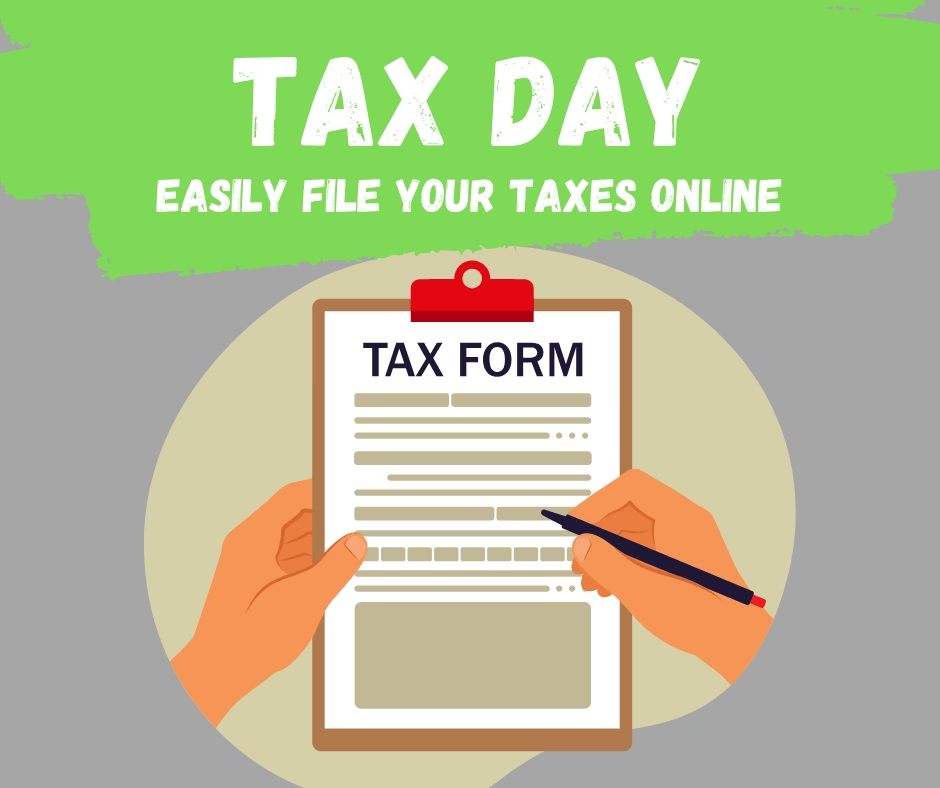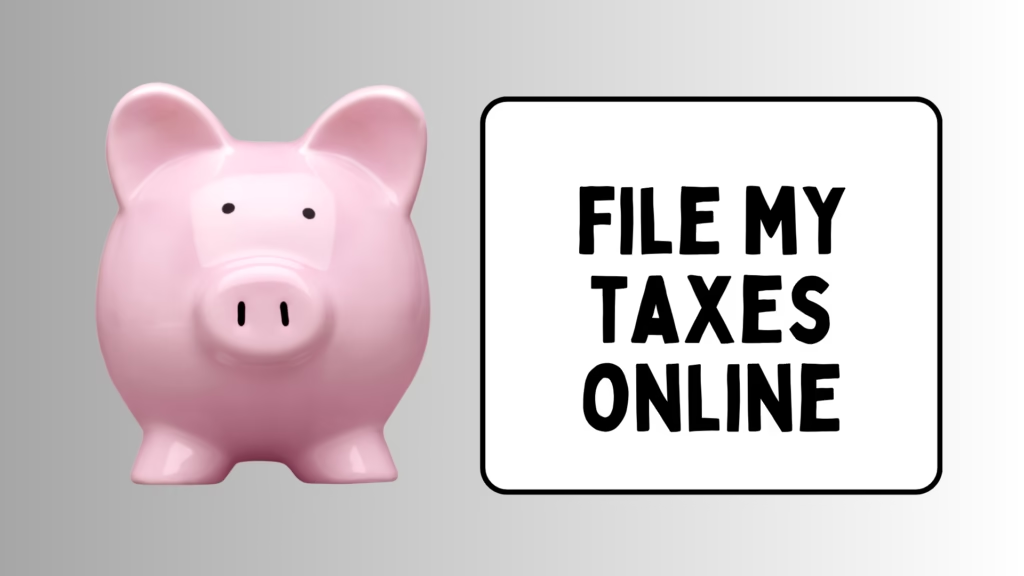
Filing taxes can be a stressful experience, but with the rise of digital platforms, it has become easier than ever to file your taxes online. Many individuals and businesses are now opting for e-filing due to its convenience, speed, and accuracy. In this article, we will explore whether you can file your taxes online, the benefits of doing so, the available platforms, and important considerations for a successful tax filing experience.
Why File Taxes Online?
Filing taxes online has become the preferred method for millions of taxpayers due to several advantages:
1. Convenience
Online tax filing eliminates the need to visit a tax office or fill out complex paper forms. With an internet connection, you can file from anywhere, whether at home or on the go.
2. Accuracy and Error Reduction
Tax software and online platforms use automated calculations and error-checking features, reducing the likelihood of mistakes. Many platforms also guide users through the process step-by-step.
3. Faster Processing and Refunds
E-filing allows tax authorities to process returns faster than paper filings. If you choose direct deposit, you may receive your tax refund within a few weeks.
4. Security and Confidentiality
Online tax filing services use encryption and security measures to protect personal and financial information from cyber threats.
5. Cost-Effectiveness
Many online tax filing platforms offer free filing options for individuals with simple tax returns, saving taxpayers money compared to hiring a professional accountant.
Who Can File Taxes Online?
Most individuals and businesses can file taxes online, but eligibility depends on factors such as income, location, and tax complexity. Here are some key considerations:
1. Individual Taxpayers
If you are an employee, freelancer, or small business owner, you can file your taxes online using authorized platforms.
2. Self-Employed Individuals
Freelancers and gig workers can file online, but they may need to report additional income sources, expenses, and deductions.
3. Businesses
Small businesses and corporations can also file online, although complex tax situations may require professional assistance.
4. Residents and Non-Residents
Taxpayers living abroad or non-residents may be eligible to file online, but they must check their country’s tax laws for specific regulations.
Best Platforms for Filing Taxes Online
Several online platforms offer tax filing services. Below are some of the most popular options:
1. Government Tax Portals
Many countries have official government tax portals that allow taxpayers to file returns directly. Examples include:
- IRS Free File (USA) – https://www.irs.gov/filing/free-file-do-your-federal-taxes-for-free
- HMRC Online Services (UK) – https://www.gov.uk/log-in-register-hmrc-online-services
- CRA My Account (Canada) – https://www.canada.ca/en/revenue-agency/services/e-services/e-services-individuals/account-individuals.html
2. Commercial Tax Software
Third-party tax software providers offer user-friendly solutions with additional features. Some popular options include:
- TurboTax
- H&R Block
- TaxAct
- FreeTaxUSA
3. Tax Professionals and Online Accountants
For complex tax situations, hiring an online tax professional can ensure compliance with tax laws and maximize deductions.
Steps to File Taxes Online
If you decide to file your taxes online, follow these steps for a smooth experience:
Step 1: Gather Your Documents
Ensure you have all necessary documents, such as:
- W-2 forms (for employees)
- 1099 forms (for freelancers or contractors)
- Bank statements
- Mortgage interest statements
- Receipts for deductions
Step 2: Choose a Tax Filing Platform
Select a government tax portal or trusted tax software based on your needs and tax complexity.
Step 3: Create an Account
Register on the chosen platform and provide necessary personal and financial details.
Step 4: Enter Your Tax Information
Input your income, deductions, and credits. Most platforms offer a guided approach to ensure accuracy.
Step 5: Review and Submit
Double-check all details before submission to avoid errors. Many platforms offer a final review option.
Step 6: Choose a Refund Method
Select direct deposit for faster refunds or opt for a check-by-mail if preferred.
Step 7: Save Your Confirmation
After filing, keep a copy of your tax return and confirmation number for records.

Common Mistakes to Avoid When Filing Taxes Online
1. Entering Incorrect Information
Ensure your Social Security Number (SSN) or Tax Identification Number (TIN) is accurate to avoid processing delays.
2. Missing Deductions and Credits
Research eligible deductions and credits to reduce your taxable income and maximize your refund.
3. Filing Late
Missing the tax deadline can result in penalties. File on time or request an extension if needed.
4. Not Checking for Errors
Always review your tax return before submission to prevent costly mistakes.
5. Falling for Tax Scams
Use only trusted platforms and beware of fraudulent emails or calls claiming to be from tax authorities.
“Discover How to Confidently Handle an IRS Audit: Best Step-by-Step Guide 2025 with this comprehensive guide from The Savvy Dollar.”
SEO Tips for Online Tax Filing Articles
If you are writing about online tax filing, optimizing your article for search engines (SEO) is essential. Here are some tips:
1. Use Relevant Keywords
Include keywords such as:
- “File taxes online”
- “Best tax software 2025”
- “How to e-file taxes”
- “Free tax filing online”
2. Optimize for Featured Snippets
Answer common tax questions in concise paragraphs or bullet points to increase chances of appearing in Google’s featured snippets.
3. Internal and External Links
Link to authoritative sources such as government tax websites and reputable tax software providers.
4. Mobile Optimization
Ensure your content is mobile-friendly, as many users search for tax-related queries on their smartphones.
5. High-Quality and Long-Form Content
Google prioritizes in-depth, well-researched articles. Aim for at least 1,000 words with structured headings (H1, H2, H3) for better readability.
Conclusion
Yes, you can file your taxes online, and doing so offers numerous benefits, including convenience, accuracy, and faster refunds. Whether you use government portals, tax software, or professional services, e-filing can simplify the tax process. To ensure a smooth experience, gather your documents, choose a reliable platform, and review your return before submission. By avoiding common mistakes and staying informed, you can file your taxes confidently and efficiently.


